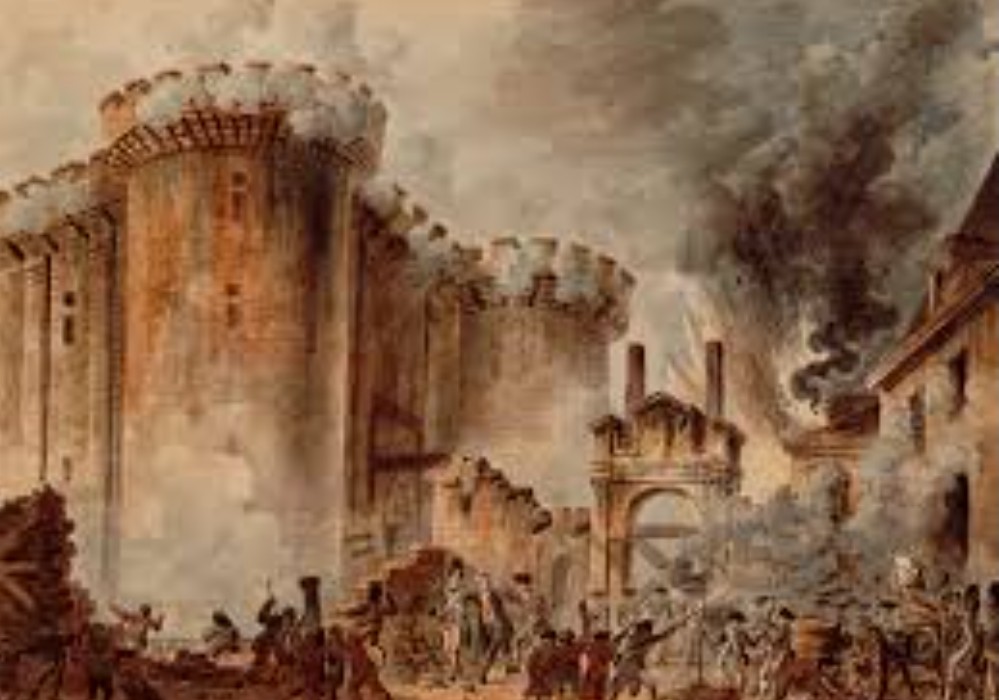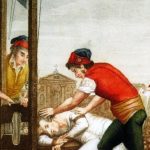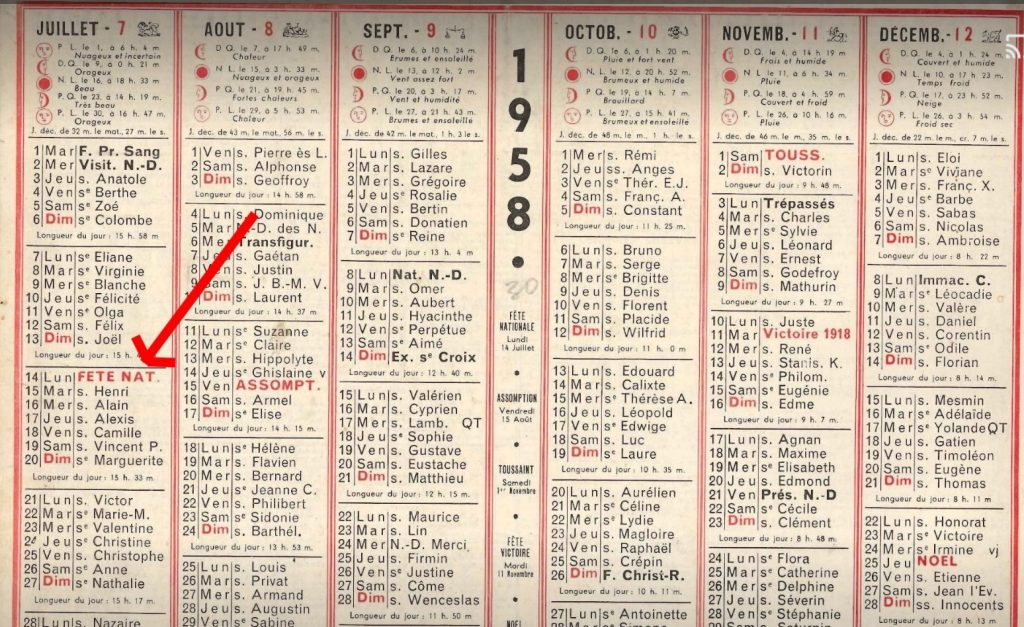Ups and downs of revolutionaries and The Case of the Unrolled Jeans
In Harare, Zimbabwe

In so-often discredited history, it could be said the French did it better.
For the most part they didn’t send permanent settlers to far flung territories they claimed for their flag – unlike others in Europe. With notable exceptions they didn’t stay on after being posted out as functionaries, civil servants and administrators.
Like everyone else they plundered distant lands, but most went home after a stint overseas satisfied their new subjects had been inculcated with their language and culture.
Local children found themselves with French names and some were named after the saint or event of the day. The Assumption of the Virgin Mary becomes Marie, All Saints Day is Toussant, a boy’s name, Victory Day in 1918 is Victoire (Victoria), Noel is Christmas and Fetnat is Fete Nationale, the most significant event in the French calendar celebrating Bastille Day.
The storming of the Bastille fortress prison in Paris on July 14 1789 brought to an end the absolute monarchy – the Marie Antoinette ‘Let them eat cake’ monarchy, the Ancien Regime – and saw the execution by guillotine of King Louis XVI. Dire upheavals of the French Revolution finally gave France its national motto: Liberte, Egalite, Fraternite.
 Whether those born on July 14 always enjoyed freedom, equality and brotherhood in 1958 remains to be seen.
Whether those born on July 14 always enjoyed freedom, equality and brotherhood in 1958 remains to be seen.
In Zimbabwe during that era children found themselves with names from the English bible learnt from missionaries – Elijah, Isaac, Aaron, Abraham, Obadiah and so on. For a spell we had the more jingoistic Hitler when he was fighting the Brits and Winston when he was winning.
Nor are we totally in the dark on the French Revolution.
Before independence the official censorship board of our own Ancien Regime banned a musical at the local university called Rock and Revolution which had a multiracial cast. Shock, horror. A black actor playing Robespierre was kicking out at white actors dancing a chorus. Worse still, Robespierre’s costume was in blue denim of the type commonly worn by the revolutionaries of Zimbabwe’s independence war.
In the court afterwards, it became known as The Case of the Unrolled Jeans.The defence argued that jeans, rolled up, were the closest available texture to the coarse fabric of the culottes worn by peasants during the French revolution. During the dancing the jeans rolled down.
The prosecution had no idea what the French might have worn circa 1789.
The script also contained a counter revolutionary message not a subversive one.
 The mob cried for freedom but the revolution was followed by the reign of terror.
The mob cried for freedom but the revolution was followed by the reign of terror.
The idealist revolutionary Jean-Bernard Gauthier, on his way to the guillotine, sang:
Revolution sometimes destroys its children,
All my great hopes have come to nothing.
Oh, Revolution, perhaps one day will come,
When freedom and love will be as one.


Hi interesting stuff
Tell me – I never asked :
How when and why did your parents go to Rhodesia ??
Also what are David and Charles doing now ?